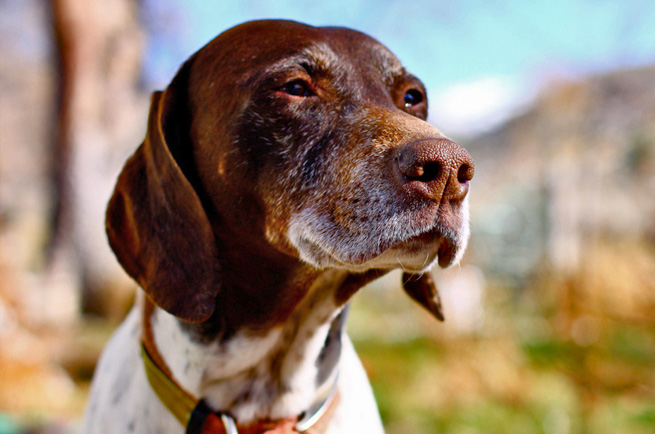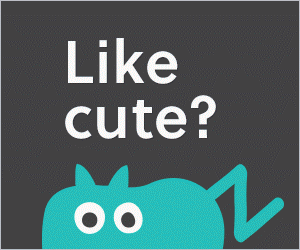Colour
Pointers come in lemon and white, orange and white, liver and white and black and white. Self colours and tricolours are also seen.
Height / Weight
Bitches measure 61 to 66cms at the withers and weigh around 26kgs. Male Pointers measure 63 to 69cms and tend to weigh around 30kgs.
Health
Inherited problems include: Hip screening of the parents is a must if you can, as is regular inspection of the coat to ensure any skin problems are dealt with before they develop. Self-inflicted injuries usually happen between 3-9 months, possibly caused by the onset of degeneration of the spinal cord. Eye problems and hernias are relatively infrequent in Pointers, but common ailments to keep a look out for include: Hip dysplasia Degeneration of the Spinal Cord Entropy Progressive retinal atrophy (PRA) Gout Neurotoxin Osteopathy Ruptures/Hernias - Umbilical hernia Mange
Intelligence
Pointers are intelligent and therefore learn reasonably quickly. Because of their sensitive natures, training should be done with kindness and rewards. They do not like to be dominated.
Suitability (Children)
Medium
Feeding
As active as Pointers are, they do need a diet that aids this. A high-protein, high-calorie diet is best in order to support their activity needs.
Excercise
Primarily field sports dogs, Pointers are bouncing with energy so they need plenty of exercise. After puppyhood, a big yard to move in or the opportunity for free galloping is a necessity on a regular basis. Pointers would be excellent pets for runners or bike riders as they will happily gallop alongside you. Careful when letting them off the lead—they are hunting dogs and, as such, will gallop off on their own. Of all the commands dogs need to know, 'come' is your top priority with a Pointer.
Ailments
Inherited problems include: Hip screening of the parents is a must if you can, as is regular inspection of the coat to ensure any skin problems are dealt with before they develop. Self-inflicted injuries usually happen between 3-9 months, possibly caused by the onset of degeneration of the spinal cord. Eye problems and hernias are relatively infrequent in Pointers, but common ailments to keep a look out for include: Hip dysplasia Degeneration of the Spinal Cord Entropy Progressive retinal atrophy (PRA) Gout Neurotoxin Osteopathy Ruptures/Hernias - Umbilical hernia Mange
Grooming
Pointers are one of the absolute easiest breeds to groom, only needing a brush over during the moulting seasons. However regular inspection of the coat should be made to check for potential skin problems.
Grooming Frequency
Up to once a week
Where exactly the Pointer came from is not entirely clear: whether they originate from Spanish Pointers or from Continental Pointers, we don't know. What IS certain is that English Pointers date back to the 1600s, and are a native breed to the British Isles. As per their name, they were used to "point" game out to hunters. These early dogs worked with Greyhounds in hare-coursing, the Pointers being used to point out hares for the Greyhounds to seize. In the early 1700s, wing shooting came into fashion and this was when they REALLY came into their own. To this day, Pointers make exceptional hunting dogs.



